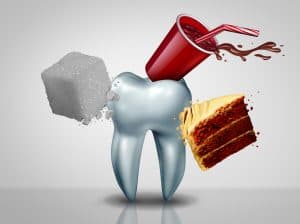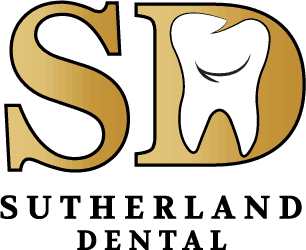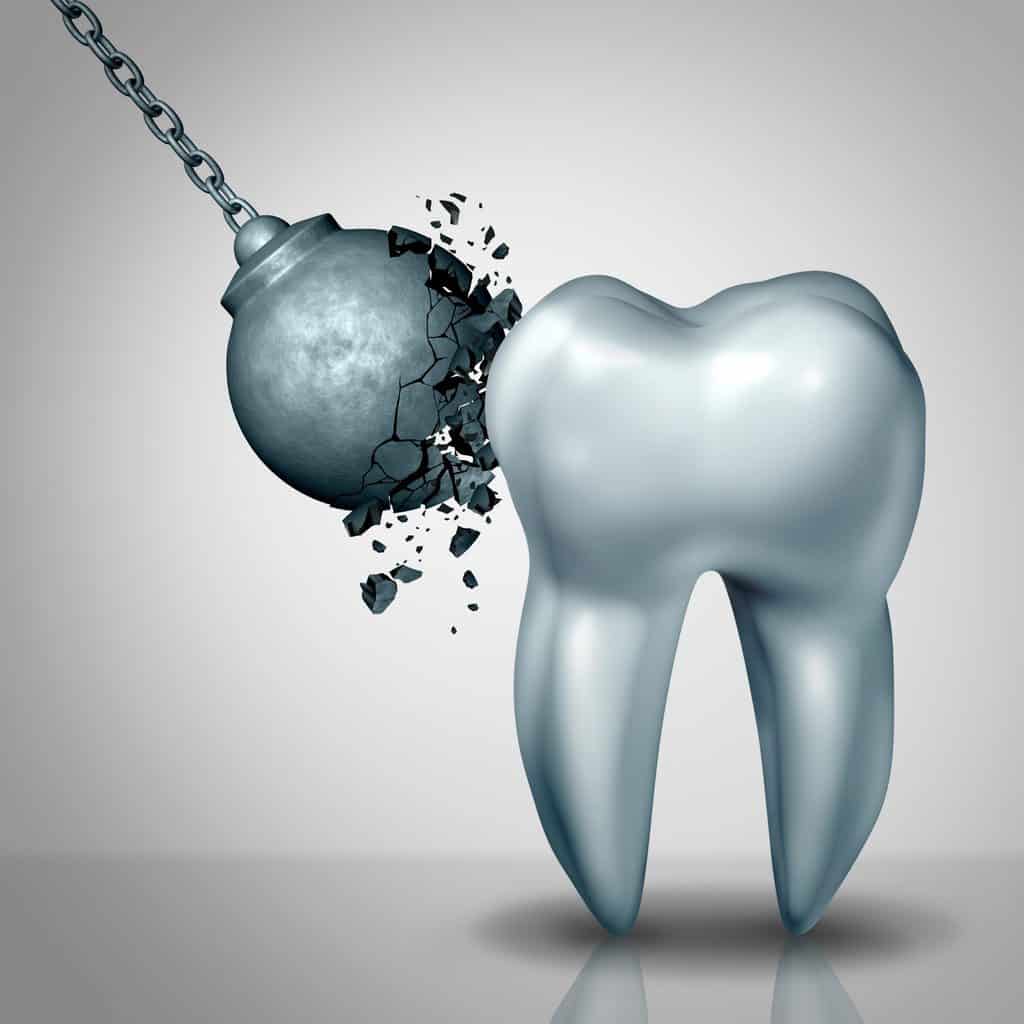The enamel is the hardest substance in the body and acts as protection for the outer area of your teeth from erosion, bacteria and other harmful substances. In other words, enamel protects your smile that you like to show off in public!
Although, it is important to address that the enamel also needs protection in order to protect your smile. This is what’s known as remineralization, where the enamel needs certain properties to keep your teeth strong.
This is what your enamel needs as part of remineralization:
- Increase saliva production
- Drinking plenty of water throughout the day
- A strong oral routine
- Eat a diet comprising of calcium and phosphorous
- Avoid drinks comprising of sugar and acids

Understanding The Symptoms
Below are some enamel erosion symptoms you need to be aware of:
- Hot and cold foods sensitivity
- If you’re showing chips and cracks in your teeth
- Discolouration through tannins contained in hot drinks and sodas
- Teeth turning a yellow colour
- Shape changes in your teeth
How Can Enamel Erosion Form?
Enamel erosion stems from what you eat and drink. If your diet is unbalanced, it is likely that your enamel will get weaker and invite bacteria and harmful substances.
The following properties cause enamel erosion:
- Sugar – Our favourite sweets and sodas contain high traces of sugar. Candies, ice cream, sweets, wine and coffee are all examples of food and drink that contain high sugar volumes, and it is always recommended that you enjoy these in moderation. Sugar is a trigger of dental plaque build-up and eventual tooth decay. It is recommended that you reduce your sugar content and replace it with calcium foods for stronger teeth.
- Acids – Acids combine with dental plaque, bacteria and sugars in the mouth to attack your enamel. Even your favourite fruits contain acids, such as citrus, oranges and berries, and whilst these fruits have their benefits, consuming them in moderation is important to protect your enamel. Enamel erosion causes a tiny opening or hole to form, known as a cavity.
- Digestive Problems – There are certain adverse conditions that can impact tooth enamel, such as bulimia, acid reflux and eating disorders. Bulimia is a condition caused when stomach acid enters the mouth through vomiting.
- Low Saliva Levels – Saliva helps to digest food and keep your mouth clean. When your saliva levels are low, it can lead to a dry mouth. This means acids in the mouth can penetrate and eventually damage your enamel. Dry mouth is a common side effect of prescribed medication as well.

A balanced diet along with a strong oral routine are two key important factors that will keep your enamel strong. Of course, there are certain medical and oral health conditions that may cause enamel erosion. It is recommended that you speak to the dentist about these conditions so they can help you.
The enamel needs to remain strong to ensure your teeth stay as healthy as possible as you get older for a confident smile.
If you need support in looking after your enamel, check in with our experienced team of Dentist Sutherland at Sutherland Dental and we’d be happy to help.



